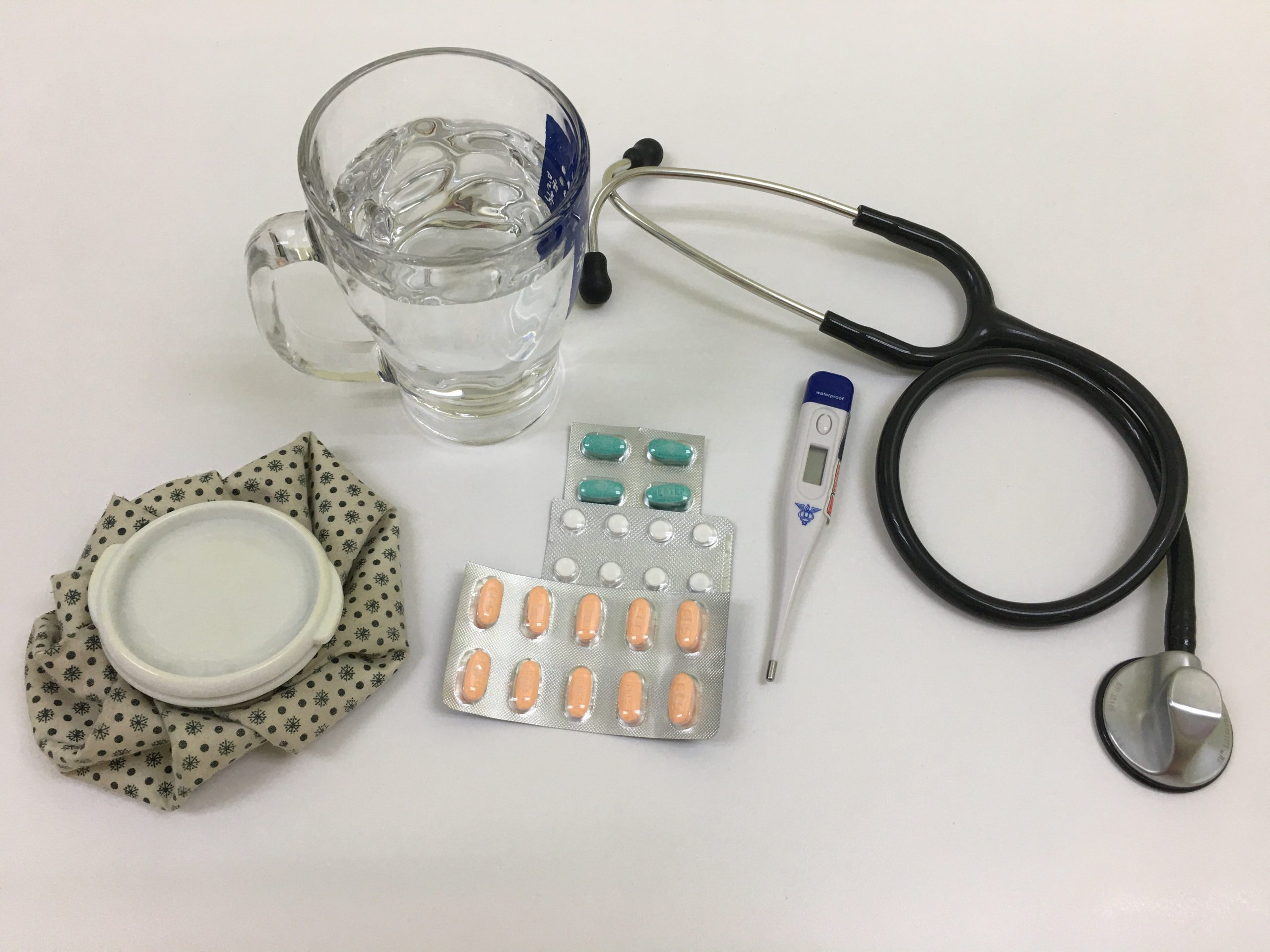
The immune system can be supported by outside influences like diet, lifestyle and exercise. In fact, the connection between exercise and the immune system has been well-documented. In a recent study conducted post-pandemic, the University of Bath in England concluded that regular exercise boosts the immune system, even when done in isolation.
When you take those conclusions and add in the benefits of exercise in a social environment, one can only conclude that exercise in itself is an inherently effective way to enjoy all the benefits that a highly functioning immune system offers.
What is the Immune System?
The immune system consists of a group of white blood cells within us that protect and defend the body against organisms that compromise the health of the body. Those harmful organisms may be bacteria, viruses or foreign bodies. When any of these “malevolent” organisms enter the body, the immune system goes into motion, working to mitigate and destroy those cells.
How Exercise Benefits the Immune System
Exercise is a multi-pronged approach to boosting the immune system. It doesn’t just work in one way, but in many ways. This makes exercise one of the best ways to ensure good, long-lasting health in people of all ages. Here are just some of the ways that exercise benefits the immune system:
- Increases blood flow
- Improves circulation
- Helps manage blood sugar
- Reduces inflammation
- Supports healthy heart muscle
- Improves emotional health
- Reduces stress and anxiety
- Supports restful sleep cycles
Regular Exercise Can Reduce Incidences of Illness
When a person engages in regular exercise, defined as exercise that occurs a minimum of three times per week, the incidence of illness is reduced. In a 2019 study, just moderate-intensity exercise was proven to reduce the number of respiratory infections in study participants. Amazingly, this includes viral infections such as the common cold. An earlier study, conducted in 2018, showed that study participants who exercised just three times per week experienced a 26% reduction in cold infections. These studies are not anomalies. In that same year, a study showed that people trained with eight weeks of moderate exercise reduced sick days by 23% and reduced risk of respiratory illness by a whopping 14%.
of three times per week, the incidence of illness is reduced. In a 2019 study, just moderate-intensity exercise was proven to reduce the number of respiratory infections in study participants. Amazingly, this includes viral infections such as the common cold. An earlier study, conducted in 2018, showed that study participants who exercised just three times per week experienced a 26% reduction in cold infections. These studies are not anomalies. In that same year, a study showed that people trained with eight weeks of moderate exercise reduced sick days by 23% and reduced risk of respiratory illness by a whopping 14%.
What Kinds of Exercise Support the Immune System?
According to the results from these studies, all kinds of exercise have the capability to improve the immune system. However, there are naturally minimums that would need to be attained. For example, a minimum of three days of exercise per week is recommended if immune system benefits are to be seen. In addition, the exercise should be one that raises the heart rate, if only by a small amount. This could include walking on a treadmill, pedaling or some other cardio workout. Other types of exercise that are helpful include those that include ab workouts, resistance training and full body exercises. Basically, anything that gets the blood flowing, heats up the body and increases heart rate has the potential to improve the immune system.
The immune system is vital to longevity and to an active and vital life. A strong immune system fights off illness and infections that are detrimental to a healthy body. Simply adding exercise to your daily routine can boost the immune system.

